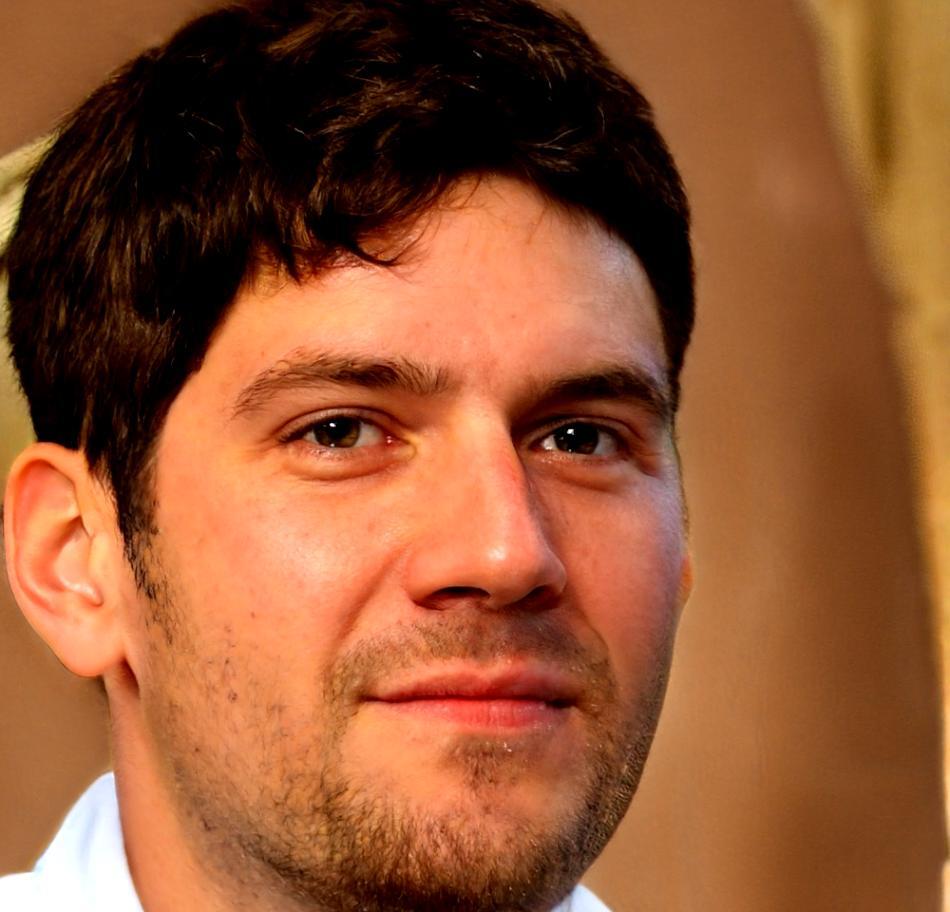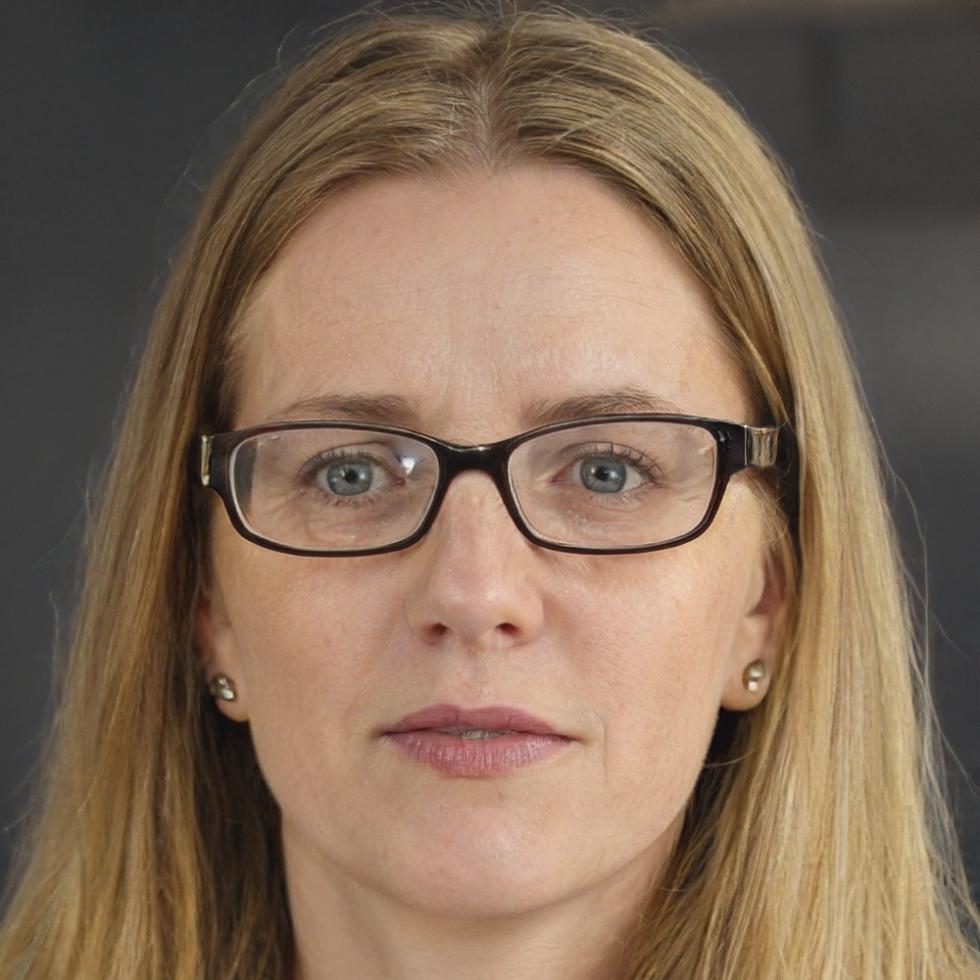Construye Presupuestos que Sobrevivan a la Realidad
La mayoría de los planes financieros colapsan cuando aparecen costos inesperados. Nuestro programa te enseña cómo crear estrategias de contingencia que funcionan, basadas en años de observar cómo los presupuestos fallan y tienen éxito en empresas españolas.
Explora Nuestro Programa de Otoño 2025
Aprende de Personas que Han Reparado Presupuestos Rotos
No enseñamos teoría. Ambos instructores han pasado años manejando crisis presupuestarias en fabricación y finanzas municipales.

Darragh Pemberton
Especialista en Presupuestos Industriales
Pasó doce años gestionando proyectos de capital para una empresa de fabricación en Alicante. Se especializó en crear planes de contingencia después de ver cómo tres proyectos de expansión casi fracasaron por costos inesperados. Ahora enseña los métodos que realmente evitaron esos fracasos.

Estela Wainwright
Asesora de Finanzas Municipales
Trabajó con tres municipios en Alicante en presupuestos de infraestructura. Ha visto todo tipo de sobrecostos: retrasos por clima, aumentos en los precios de materiales, cambios regulatorios. Enseña planificación de contingencias basada en lo que realmente sale mal, no en lo que podría.
Cómo Funciona Nuestro Programa de Septiembre 2025
Semanas 1-3: Identificando Qué Suele Fallar
Comienza analizando fallos presupuestarios reales. Examinarás estudios de casos de construcción, comercio minorista y servicios para entender por qué falla la planificación de contingencias. Cada participante aporta un presupuesto con el que está trabajando, puede ser personal o profesional.
Semanas 4-7: Construyendo Tu Estrategia de Reserva
Aprende las matemáticas detrás de los porcentajes de contingencia. Cubrimos cómo calcular reservas basadas en la complejidad del proyecto, el cronograma y los factores de riesgo. Esta sección incluye trabajo con hojas de cálculo: construirás modelos que realmente podrás usar después de que termine el programa.
Semanas 8-10: Probando Bajo Presión
Realiza simulaciones de escenarios donde aparecen costos inesperados. Aumentos en los precios de materiales, retrasos en el cronograma, cambios en el alcance: practicarás ajustar planes de contingencia en tiempo real. Aquí es donde las personas suelen descubrir lagunas en su planificación.
Semanas 11-12: Implementando Tu Sistema
Las últimas dos semanas se centran en tomar tu marco de contingencia y hacerlo operativo. Presentarás tu enfoque al grupo y recibirás retroalimentación. Los participantes anteriores suelen mencionar esta como la parte más valiosa: ver cómo otros resolvieron problemas similares.
Preguntas que la Gente Hace en Diferentes Etapas
Estas preguntas surgen regularmente, organizadas según el momento en que probablemente te las plantees.
Antes de Inscribirte
¿Necesito experiencia en contabilidad?
No realmente. Debes sentirte cómodo con hojas de cálculo básicas y porcentajes. Cubrimos los conceptos financieros que necesitas; la mayoría de los participantes provienen de antecedentes en operaciones o gestión de proyectos.
¿Cuándo comienza el programa de otoño?
8 de septiembre de 2025. Las clases se imparten los lunes y jueves por la noche de 18:30 a 21:00. Todo es en línea; usamos sesiones de video con trabajos en grupos pequeños.
¿Cuál es el compromiso de tiempo fuera de las clases?
Planea de tres a cinco horas semanales. Trabajarás en tu marco de contingencia durante todo el programa. Algunas semanas requieren más tiempo, particularmente cuando se realizan pruebas de escenarios.
Durante el Programa
¿Qué pasa si me quedo atascado en mi proyecto?
Ambos instructores tienen horas de consulta: Darragh los miércoles, Estela los viernes. También puedes publicar preguntas en el foro de discusión del grupo. Otros participantes a menudo tienen sugerencias útiles basadas en sus industrias.
¿Puedo cambiar el enfoque de mi proyecto a mitad de camino?
Sí, aunque no es ideal. Algunos participantes en cada cohorte se dan cuenta de que su presupuesto inicial no es lo suficientemente complejo para los ejercicios. Es mejor comenzar con algo que tenga múltiples categorías de costos y consideraciones de tiempo.
Después de Completar
¿Tengo acceso continuo a los materiales?
Todos los materiales del curso permanecen disponibles a través de nuestra plataforma de aprendizaje. También recibirás actualizaciones cuando revisemos estudios de casos o añadamos nuevas plantillas de escenarios. El acceso continúa mientras el programa esté en curso.
¿Hay una red de exalumnos?
Mantenemos un grupo de discusión para participantes anteriores. Es bastante activo: las personas comparten cómo han adaptado los métodos y hacen preguntas sobre nuevas situaciones. Cada trimestre hay reuniones en línea donde alguien presenta un problema presupuestario desafiante.
